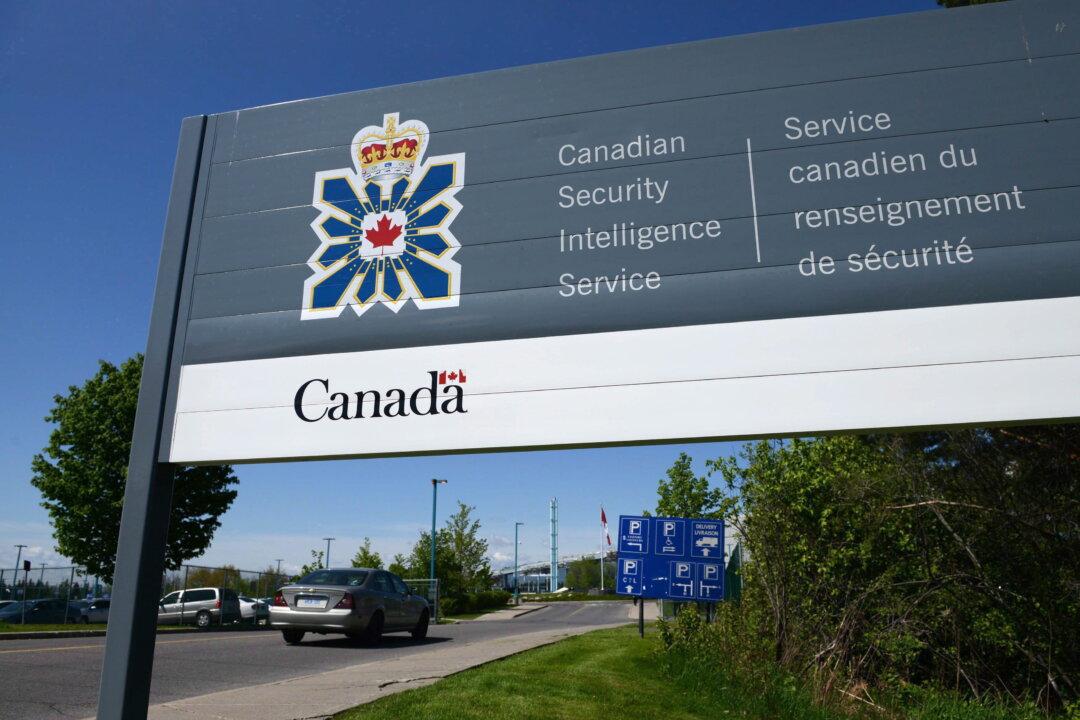Agents of communist China are targeting Canadian parliamentarians and officials with foreign interference, a House committee heard from testimonies by officials in Canadian intelligence agencies.
“We are very concerned about the targeting. We know that there is certainly a desire to target elected officials at all levels of government—municipal, provincial, federal,” Michelle Tessier, deputy director of operations for the Canadian Security Intelligence Service (CSIS), said at the House Standing Committee on Procedure and House Affairs (PROC) on Nov. 1.





